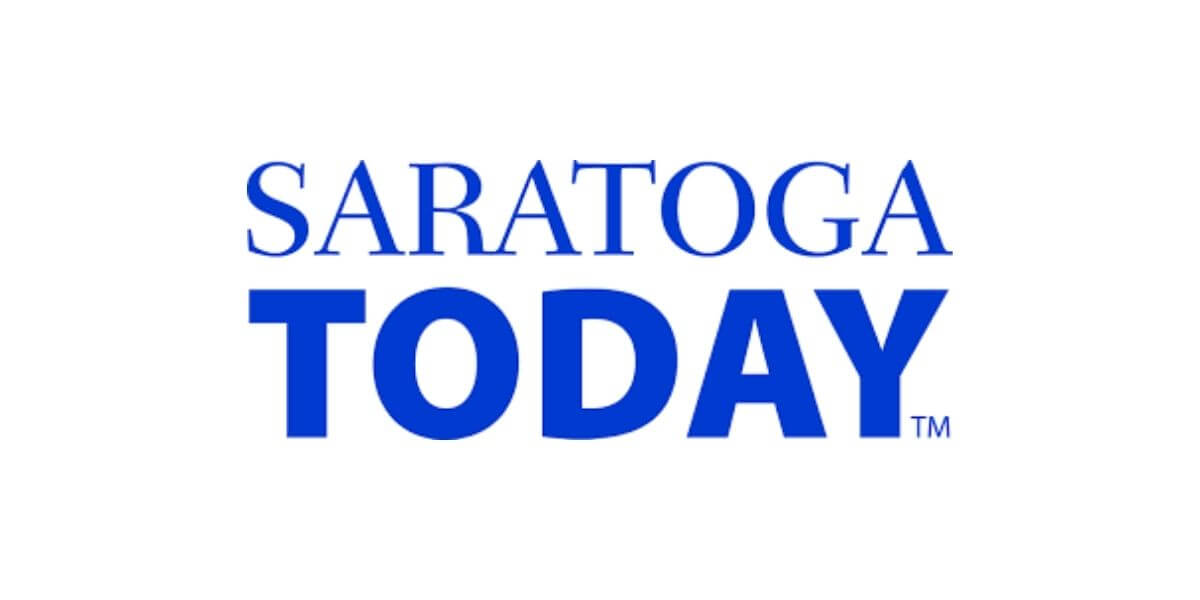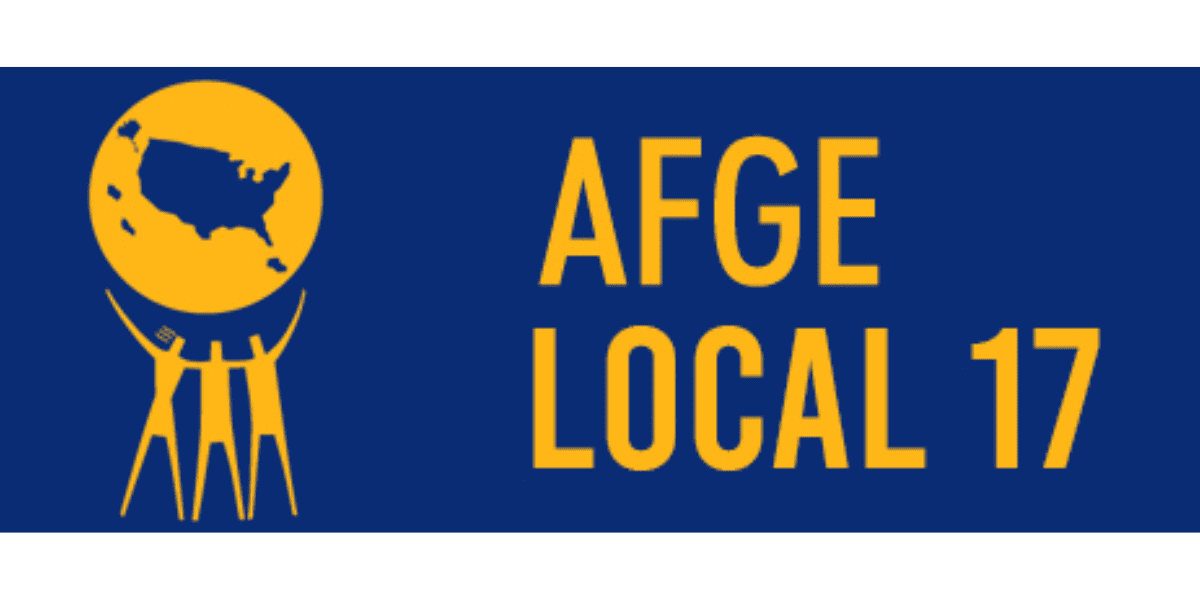SARATOGA SPRINGS — Arena football games at Albany’s Times Union Center. Rangers hockey at Madison Square Garden. The New York City Ballet at SPAC.
Venues gearing up for the safe welcoming of an increasing number of attendees have begun to put requirements in place in an effort to minimize the risk of spreading the COVID-19 infection among those entering their respective facilities. Those vaccinated may show proof of vaccination. Those not vaccinated or unable to be vaccinated may show a negative COVID-19 test. The guidelines vary state-to-state, and combating the potential threat of phony vaccination cards are complicating matters.
When the Saratoga Performing Arts Center announced its re-imagined summer ballet season this week, it came with a series of safety protocols. Seats will be sold in designated pods of two inside the amphitheater, and designed pods of two and four on the SPAC lawn. Show attendees will be required to complete a health screening questionnaire, pass a mandatory temperature check prior to entry and wear a face mask at all times.
Additionally, all attendees are required to show proof of a completed vaccination or a negative 72-hour COVID-19 test.
In late March, New York became the first state in the country to introduce a digital pass to seemingly make it easier for attendees as well as for venues to validate the authenticity of that proof.
Anyone vaccinated or tested for COVID-19 in the State of New York is eligible for an “Excelsior Pass,” and the passes provide proof of vaccination, a PCR test, or an Antigen test. According to the state, users are able to store their “pass” digitally on their smartphone with the Excelsior Pass Wallet app – which is free from the Apple App Store and Google Play Store – or to print the pass from the Excelsior website and bring it to the venue with them. Businesses and venues can then scan and validate the pass to ensure COVID-19 vaccination or testing requirements are met for entry.
To facilitate the pass, the website collects a person’s COVID-19 status as well as their name, date of birth, zip code, vaccination or COVID-19 test type, date and location. The state says that personal information will not be used for marketing purposes. Some privacy advocates are concerned, however.
“It is a little bit scary in that you put your information in, verifies that you’ve had the vaccine, and gives you a kind of pass that has a QR Code on it. The question then is that every time you go in to somewhere that requires you to show proof of vaccination, you could be tracked,” said Greg Rinckey, co-founder of Tully Rinckey law firm.





